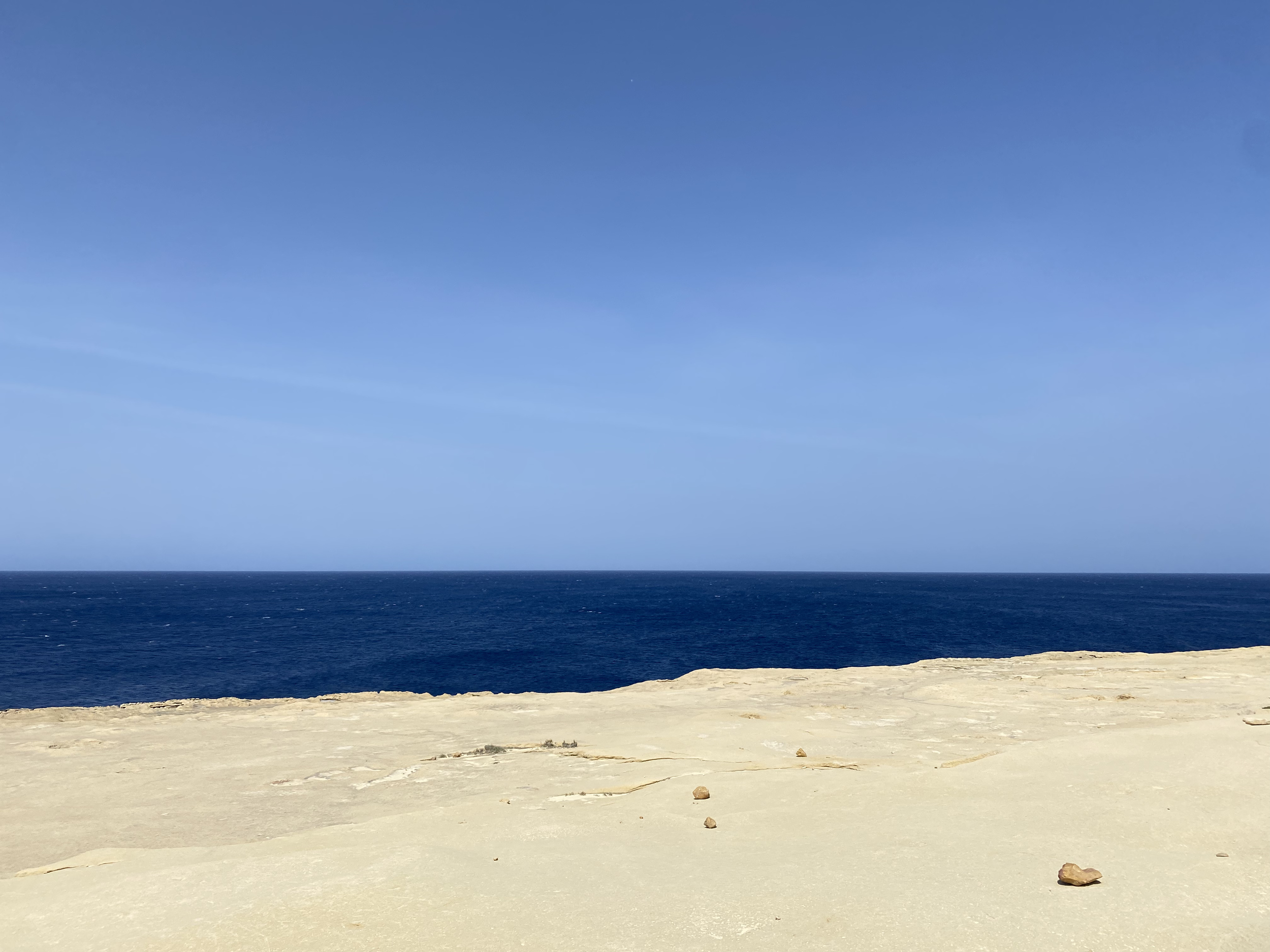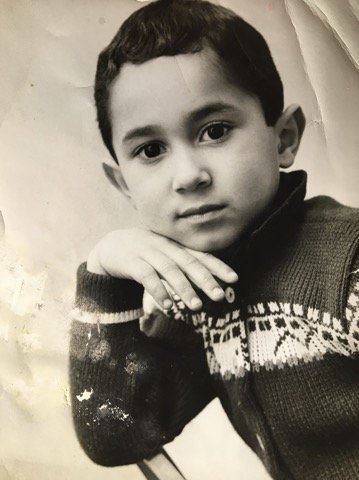
Remi D
Founder
No slave family, dubbed by features
Remi D, Dr T, Pablo Maroon, the T’cha.
Upfully treatya, downpressor beatya, meetcha, greetcha like Buck and the Preacher.
Remi is…
Jazz philosopher, Jazz novelist, Jazz musician, Jazz storyteller, Jazz educator: Remi D, the founding Jazz practitioner and artist behind Abracadia.
50’s London Jamaican Maroon Windrush orphan raised in care… Multiple survivor of some heavyweight imponderables…
Expelled from school aged 15 for breaking the cane, Remi left school without qualifications. Streetlife…
Years later… graduated top of his year in philosophy, Scholarship PhD with distinction (education and cultural action) personally endorsed by Paulo Freire …
The Artist is…
The artist is a mirror reflecting the minds of those interacting with the art…
The artist is transgressor because they break down the barriers between self and other, giving a sneak-peek of that higher unified reality…
The arts and works of Remi D signify another step towards the realisation of our human potential to transform our world with wisdom in constructive ways through positive cultural action.
Literary influences
Names? Titles? Too many to say. Here’s a random but alphabetical handful of the scores I’ve enjoyed:
H. C. Anderson, James Baldwin, Amelia Bassano (aka Shakespeare), William Blake, Johan Borgen, Raymond Chandler, Phil K. Dick, Charles Dickens, Fyodor Dostoyevsky, Umberto Eco, Kahlil Gibran, Thomas Hardy, Chester Himes, Langston Hughes, Elmore Leonard, Wilfred Owen, Richard Stark.
Plus one-offs like ‘Candide’, ‘Gulliver’s Travels’, ‘Confederacy of Dunces’, ‘Last Exit To Brooklyn’ and ‘Ringolevio’.
And mythologies and traditional tales from all times and cultures.
Musical influences
Again, too many to mention. But here’s a tiny taster from the iceberg’s tip:
Drums: Art Blakey and Leroy Wallace (‘Horsemouth’) for swing; Max Roach and Ginger Johnson for polyrhythmic punctuation.
Vibraphone: Billie Holiday, Count Basie, Thelonious Monk, Lennie Hibbert, Milt Jackson, Charlie Parker, African Ancestral ‘Marimba’ tradition.
Melodica; Billie Holiday, Augustus Pablo, Stevie Wonder, John Coltrane, Hugh Mundell.
Vocal: Billie Holiday, Sugar Minott, Louis Armstrong, Bob Marley.
You’ll find traces of all of them and many more in Remi’s music. Beyond that, there’s the usual spectrum of divinely inspired musical magi and geniuses, from Miles Davis to Jackie Mittoo, Fela Kuti, Ernest Ranglin, Allen Toussaint, Yabby You, Keith Hudson. A list waaay too long for here.
Mission Ambition
Messages In Bottles
Remi’s mission as a marooned Maroon elder is to share his exceptional lifetime’s knowledge and experience, passing on what’s been passed on to him by the great and the humble alike, and to nail his colours clearly to the mast. He uses Abracadia to do this in two ways:
First by denouncing the 400 year ongoing historical legacy of mass kidnap, mass human trafficking, mass enslavement, land theft and genocides by profiteers without conscience.
The results of their deranged rampage against their own better side is what we see in today’s world: mental, economic, social and emotional undermining and disempowerment for all.
Then by announcing the brave new wave of Afrocentric pan-African consciousness irrepressibly spreading, sure as gravity, across the continent and across the globe, ‘battering down sentence’ as Bunny Wailer sang.
Ours is no small task, it requires many hands and hearts joined in a spirit of Ubuntu. Hands and hearts reach out to each other in our time. Many are emerging. Take heart. Lend a hand. Hasta La Victoria Siempre. We shall over...








